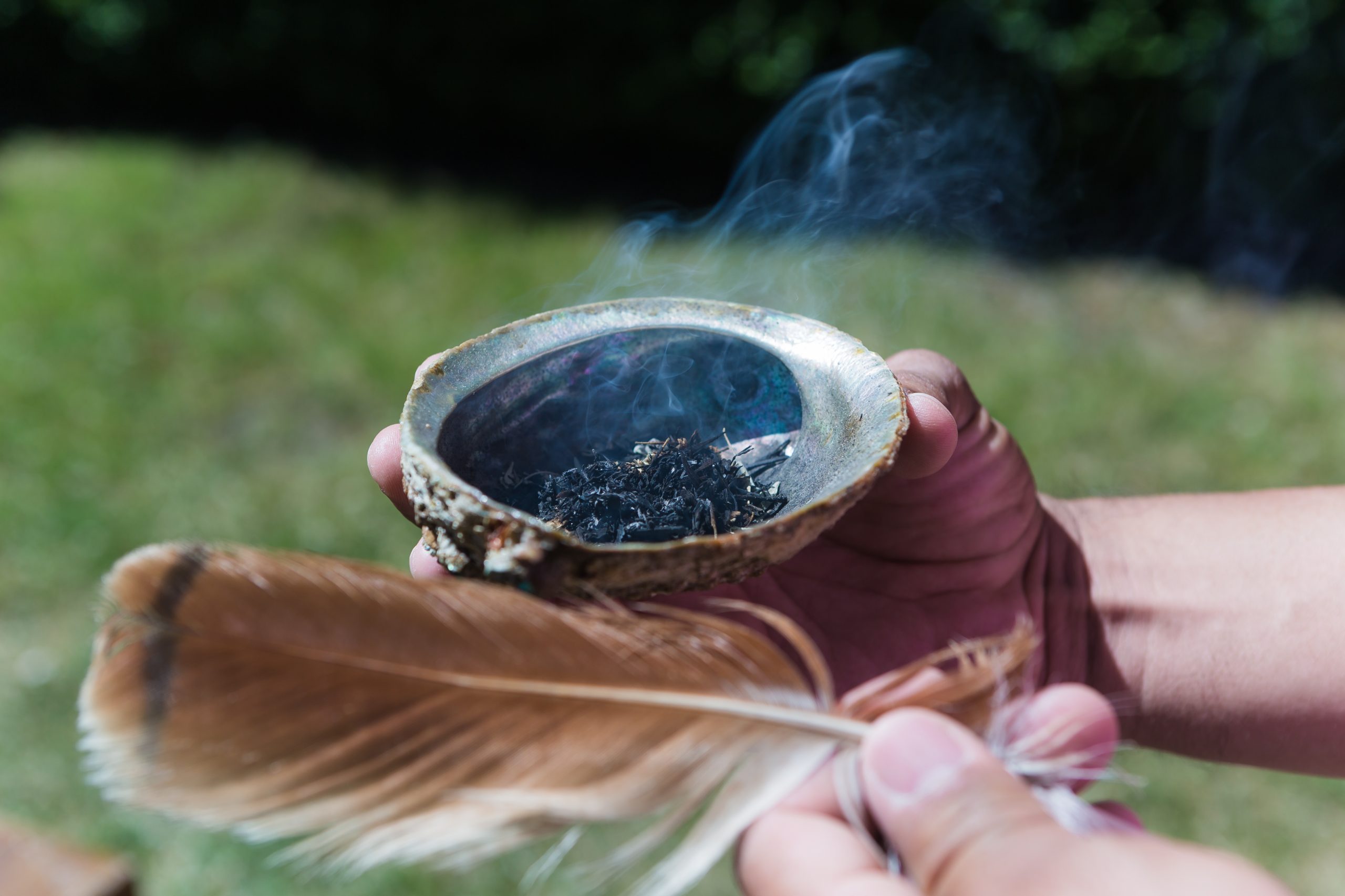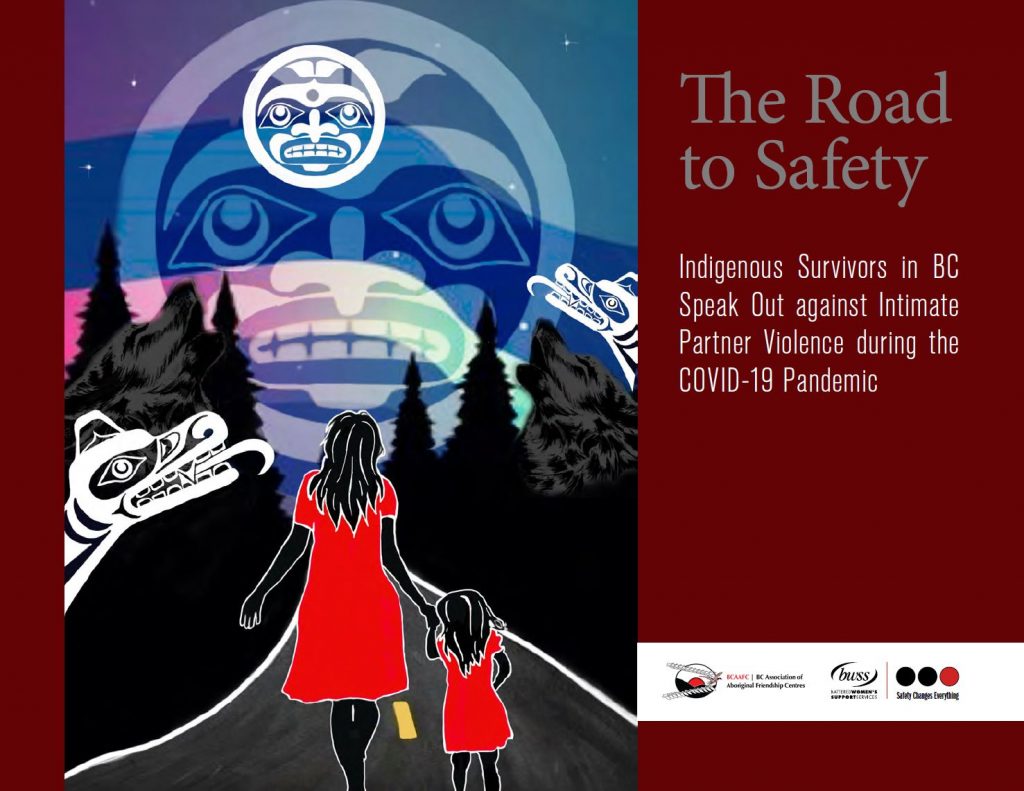

July 13th, 2022
British Columbia Association of Aboriginal Friendship Centres (BCAAFC) with Battered Women’s Support Services (BWSS)

July 13, 2022 – Vancouver, B.C. – Xʷməθkʷəy̓əm (Musqueam), Sḵwx̱wú7mesh (Squamish) and səlilwətaɬ (Tsleil Waututh) – The BC Association of Aboriginal Friendship Centres and Battered Women’s Support Services, joined by the Union of BC Indian Chiefs and the Prince George Sexual Assault Centre, released a year-long research project: “The Road to Safety: Indigenous Survivors in BC Speak Out against Intimate Partner Violence during the COVID-19 Pandemic.”
In partnership with the University of Victoria, these leading Indigenous and anti-violence organizations in B.C. undertook a research project involving surveys and first-hand interviews with Indigenous women and gender diverse people across the province to understand the experiences of intimate partner violence that Indigenous women and gender diverse people are facing during the COVID-19 pandemic.
Some of the key findings of “The Road to Safety” include:
According to Leslie Varley, Executive Director of BC Association of Aboriginal Friendship Centres, “Overall, our findings indicate systemic challenges of access to justice and safety for Indigenous women and gender diverse people. Indigenous women reported widespread racism; fear of child apprehension and police when reporting violence; lack of safe housing when fleeing violence; and inadequate anti-violence services. Most government funding to address violence against Indigenous women is not in the hands of Indigenous organizations. Indigenous communities must receive funding to establish and operate programs ourselves, such as Indigenous-run 24/7 crisis support for Indigenous women, girls, and gender diverse people across B.C.”
States Summer Rain, BWSS’s Manager of Direct Services & Indigenous Women’s Program: “In 2022 alone, Tatyanna Harrison, Alysia Strongarm, Noelle ‘Elli’ O’Soup, Keara Joe, Carmelita Abraham, and Chelsea Poorman have all gone missing or died under suspicious circumstances in B.C.
Indigenous women and girls are being hunted down like prey because perpetrators know they can get away with sexist, colonial violence against us. Police and child services agencies perpetuate the violence, white Canadian men rip down posters of MMIWG, and there is glacial inaction by all levels of government to the Calls for Justice by the National MMIWG2S Inquiry. This is an urgent state of crisis, and we will continue to take action until the violence ends.”
Leslie Varley, BCAAFC Executive Director: 250-893-0494
Angela Marie MacDougall, BWSS Executive Director: 604-808-0507
Women and gender diverse people experiencing gender-based violence and intimate partner violence can receive support from BWSS by calling the 24/7 crisis line at: 604-687-1867, or toll free at: 1-855-687-1868. The crisis line can also be reached by text at: 604-652-1867.